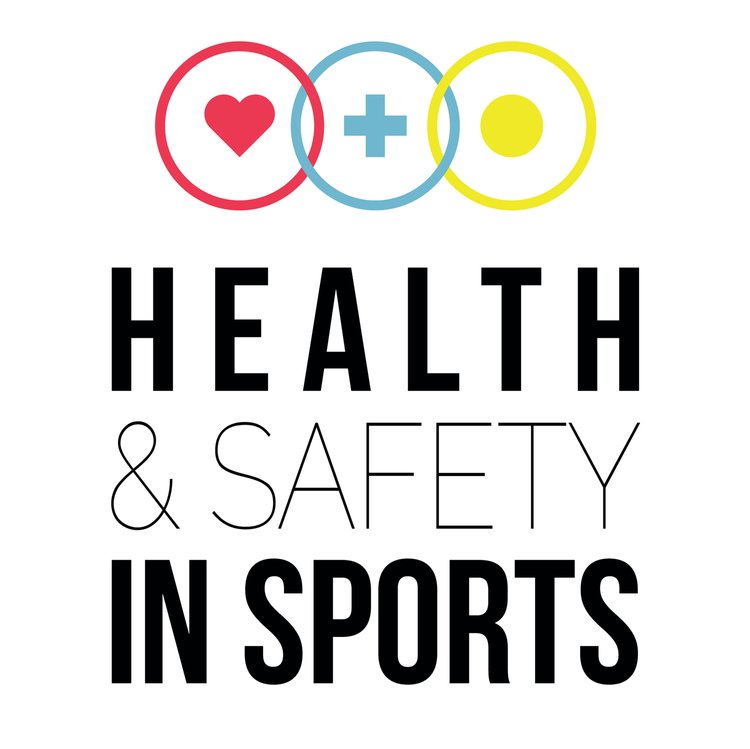FUNDING
The Netherlands Organisation for Health Research and Development (ZonMw)
PROJECT PARTNERS
Nevobo
KNHB
UMC Groningen
University of Bath (Department for Health)
Livewall
Dotcomsport Nederland
BACKGROUND
In the Netherlands, volleyball is in the top 5 sports with the highest number of injuries and field hockey in the top 5 sports with the most severe (medically treated) injuries. Therefore, the Dutch Volleyball Federation (Nevobo) and the Royal Dutch Hockey Association (KNHB) have allied few years ago in order to work towards injury prevention in recreational volleyball and field hockey. As a consequence, ‘VolleyVeilig’ and ‘Warming-up Hockey’ were developed as exercise-based warm-up programmes to reduce or prevent injuries. Two recent studies showed that both ‘VolleyVeilig’ and ‘Warming-up Hockey’ were efficacious for reducing or preventing injuries in recreational volleyball and field hockey. The logical next step is to work towards the implementation of both programmes in the Netherlands.
Objectives
Develop a structured and evidence-based implementation (delivery) plan tailored to volleyball and field hockey contexts to promote the structured implementation of ‘VolleyVeilig’ / ‘Warming-up Hockey’.
Initiate and evaluate the implementation of ‘VolleyVeilig’ / ‘Warming-up Hockey’ in volleyball and field hockey.
The implementation of ‘VolleyVeilig’ / ‘Warming-up Hockey’ is initiated in volleyball and field hockey for the 2019-2020 season. A quasi-experimental study based on a one-group design with repeated measurements is conducted to evaluate the implementation of the programmes in volleyball and field hockey, using the RE-AIM Sport Setting Matrix framework. For the evaluation, two convenient samples of clubs (one sample in volleyball and one sample in field hockey) are included: 10 volleyball clubs (in total 100 trainers/coaches and 20 technical policy/decision makers) and 10 field hockey clubs (in total 100 trainers/coaches and 20 technical policy/decision makers).




